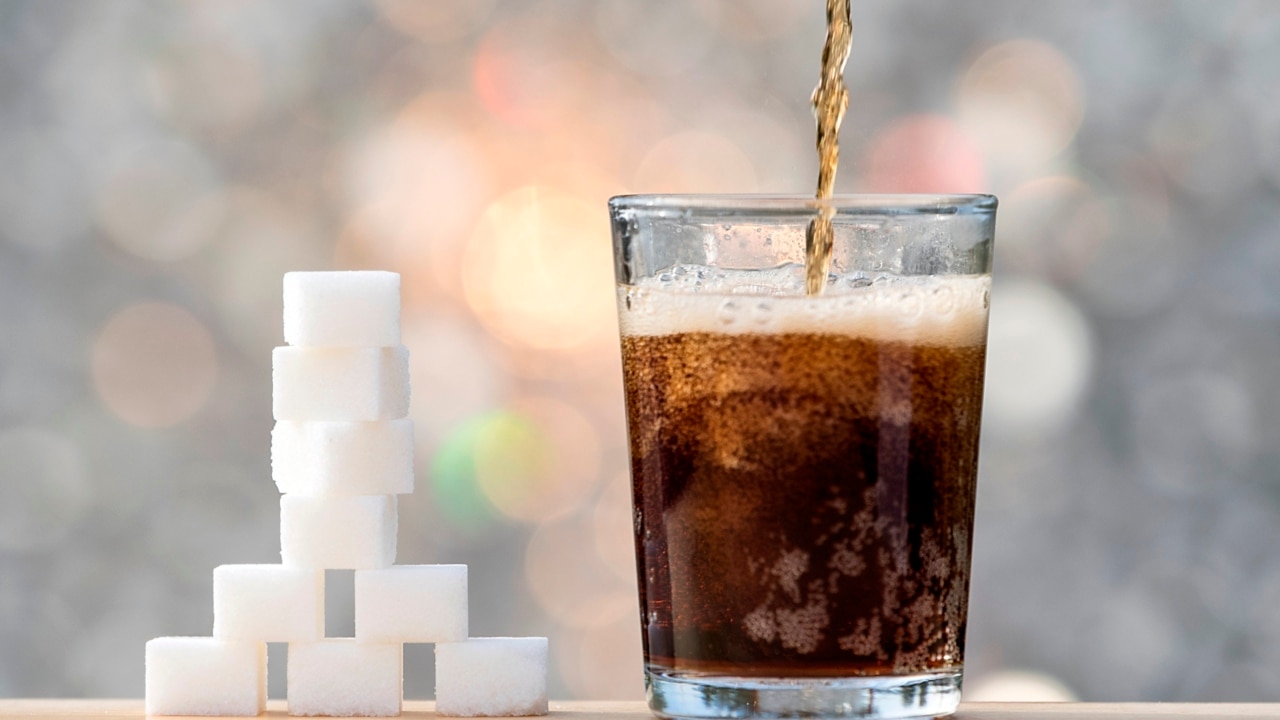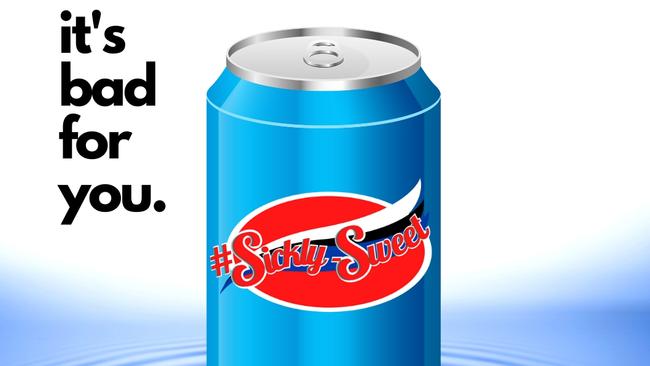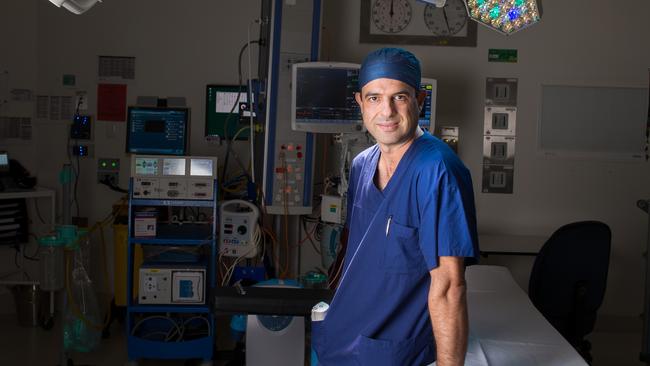Sugar is addictive and must be taxed, Australian doctors warn
Aussies consume 2.4 billion litres of sweet drinks a year – and it’s costing the health system billions – with doctors demanding a sugar tax.

National
Don't miss out on the headlines from National. Followed categories will be added to My News.
A single can of soft drink can contain 12 teaspoons of sugar — the entire daily limit for an adult — and this sweet refreshment is making Australians sick, a scary new social media campaign warns.
Every year Australians consume at least 2.4 billion litres of sugary drinks, with young males the biggest offenders.
Doctors are telling parents they are risking their children’s health when they offer them a soft drink to quench their summer thirst and warn that sugar is addictive.
Every sugary soft drink contributes to obesity and preventable diseases such as type 2 diabetes, heart disease, stroke, and some cancers, the Australian Medical Association’s campaign says.
“Sugary drinks used to be a special treat, but they’re now an everyday product, bringing addiction, and major health problems,” AMA president Dr Omar Khorshid said.

Doctors are calling for Australia to follow the UK in introducing a tax on the sugar in the drinks to send a clear signal to consumers that these refreshments are bad for them.
“Sugary drinks are making us sick,” the #SicklySweet campaign ads warn.
“We think Aussies need to know what they are consuming and the impact it can have on their long-term health,” Dr Khorshid said.
The AMA estimates that if no action is taken to stem the obesity crisis, by 2025 taxpayers will have forked out a further $29.5 billion (over four years) for the direct healthcare costs of obesity.
People living with obesity have medical costs that are approximately 30 per cent greater than their healthy-weight peers, the association says.

The AMA wants to introduce a sugar tax of 40 cents per 100g of sugar, which would lift the price of a can of soft drink by 16 cents.
It estimates this will reduce sugar consumption from soft drinks by 12 to 18 per cent and raise annual government revenue of $749 million to $814 million.
The tax would lead to a reduction in obesity of around 2 per cent and healthcare expenditure savings of $609 million to $1.73 billion.
Over 25 years it also estimated that the tax could result in 16,000 fewer cases of type 2 diabetes, 4400 fewer cases of heart disease and 1100 fewer cases of stroke.
More than 45 countries have implemented sugar taxes, including the United Kingdom (2018), Mexico (2014), France (2012) and Chile (2014).
They are also collected in Catalonia, Spain (2016), and in some US jurisdictions.
Surveys have shown two in three Australians support a tax on sugary drinks if the proceeds are used to fund obesity prevention.





